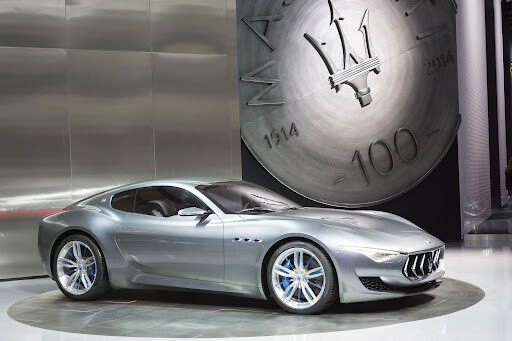
Seoul – Maserati's ambitious push into the South Korean luxury car market is hitting a roadblock, with sales figures painting a grim picture for the Italian automaker. Just months after establishing a dedicated subsidiary, Maserati is struggling to compete with established rivals, particularly Porsche, and the allure of supercar brands like Lamborghini and Ferrari.
Industry data reveals a significant decline in Maserati registrations this year. According to CarIsYou, only 252 new Maserati vehicles have been registered in 2024, a stark 42.2% drop from the same period last year. This slump casts doubt on the company's decision to switch from a dealership model to a direct subsidiary, a move intended to capitalize on the thriving luxury car market in South Korea.
Market analysts point to a shift in consumer preferences as a key factor in Maserati's struggles. "The brand image of Maserati has lost some of its luster," commented one industry insider. "Korean consumers, especially younger buyers, are increasingly drawn to brands like Porsche, which offers a compelling combination of performance and prestige. At the higher end, Lamborghini and Ferrari remain the ultimate status symbols, leaving Maserati struggling to find its niche."
The numbers tell a compelling story. Last month, Maserati sold a mere 14 vehicles, down from 16 the previous year. This paltry performance pales in comparison to Porsche, which moved 644 units, and even supercar rivals Lamborghini (58 units) and Ferrari (32 units) outperformed Maserati. Among KIDA tracked brands, only Bentley, Rolls-Royce, and Tesla sold fewer vehicles.
Maserati's initial strategy was to leverage South Korea's growing appetite for luxury vehicles. However, the brand appears to have underestimated the fierce competition and the evolving tastes of Korean consumers. With its sales target of 600 vehicles this year looking increasingly unattainable, Maserati faces an uphill battle to regain its footing in this crucial market. The company will need to rethink its strategy and find a way to recapture the brand cachet it once enjoyed if it hopes to succeed in the competitive South Korean luxury car landscape.
[Copyright (c) Global Economic Times. All Rights Reserved.]






























